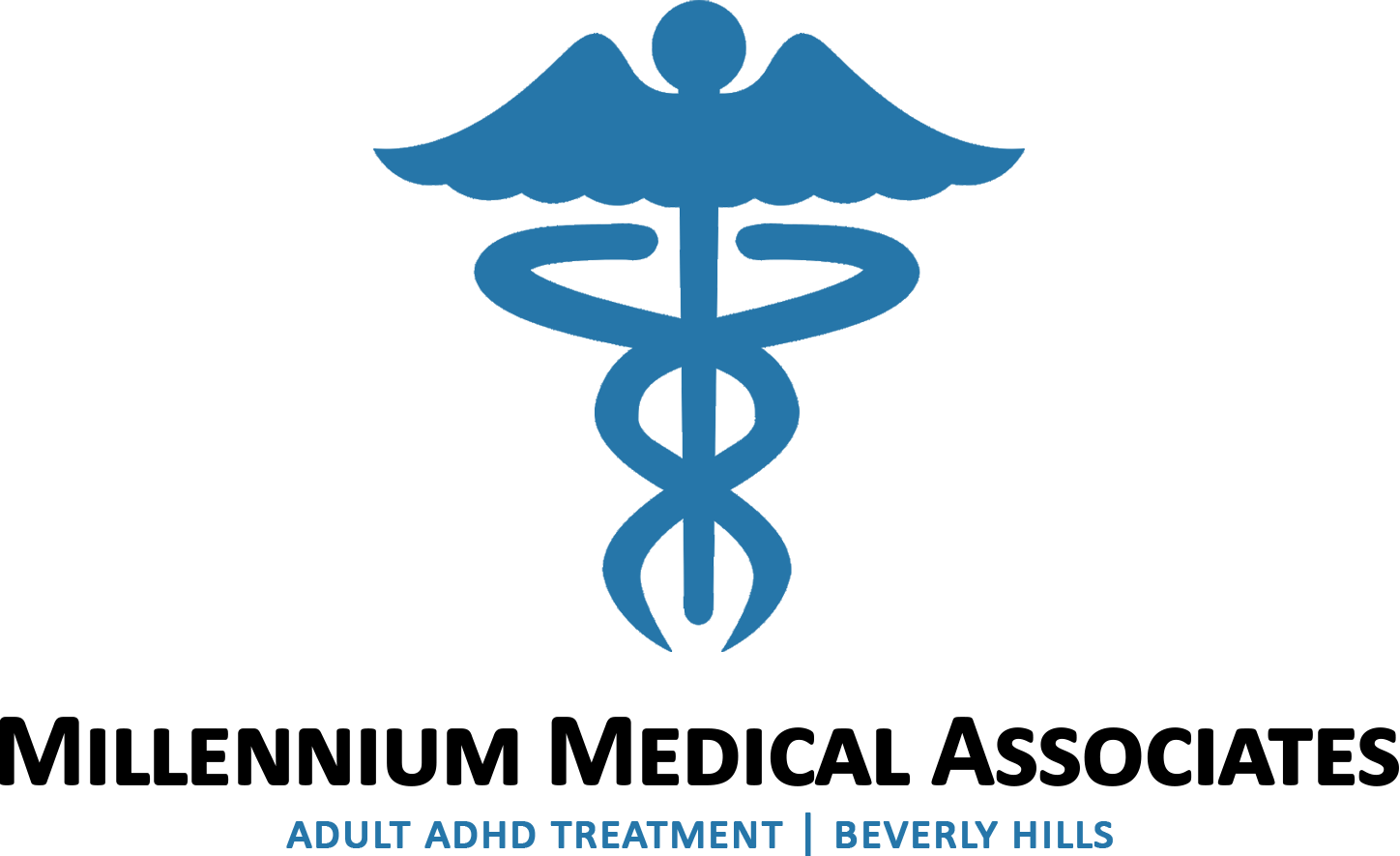May is the Mental Health Awareness Month
Each year millions of people deal with the challenges of living with a mental health problem. May is the time to raise awareness about mental or behavioral health issues—to educate people on the symptoms, diagnosis, and treatment—and remind them to seek treatment. Mental illness is a health condition that alters a person's thinking, mood, or behavior (or all three), and a health condition that causes enough distress to hamper a person’s daily functioning. There are many different mental illnesses, including but not limited to depression, schizophrenia, obsessive-compulsive disorder, and attention deficit hyperactivity disorder (ADHD).
Why do we Raise Mental Health Awareness?
There are millions of American adults and children battling with mental health illnesses. That said, the internet and media are full of myths and stigma regarding these ailments. Besides, there are people with undiagnosed mental health issues struggling with serious symptoms related to their mental health problems but have no help available.
Amid these problems lies ADHD. And we want to be the first to say that ADHD is both a strength, but also a liability. And although we agree that there are many upsides to having ADHD, for some people the symptoms of ADHD can put a person at a disadvantage in some areas of life, and for Mental Health Awareness month we’d like to focus on raising awareness for who may be struggling.
Many people with ADHD aren’t even aware that they have ADHD because of the lack of access to proper information. Some others believe that ADHD is not a real disorder as it doesn’t cause any apparent physical symptoms. Another subset of people is reluctant to take ADHD medications due to the fear of side effects.
The truth is ADHD is a real and manageable disorder. Getting it diagnosed and treated can help you live a more fulfilling, productive, and successful life. But if left untreated, ADHD symptoms can be a liability, having serious, long-term ramifications.
Spreading mental health awareness is, therefore, crucial.
Raising ADHD awareness increases the odds that people will be able to create a link between the challenges they are experiencing and ADHD. In turn, they are more likely to seek treatment. Hence, raising ADHD awareness also lowers the chances that people with ADHD will remain undiagnosed.
ADHD Treatment with Medications
There are a handful of ADHD meds, and for the most part, they are effective at alleviating the symptoms of ADHD. They reduce hyperactivity, impulsivity, and inattention in people with ADHD, so experts assume that these drugs may enhance long-term intellectual performance. However, the results are mixed. These drugs may also significantly improve episodic memory in people with ADHD.
With ADHD meds, you always have several options. If one drug doesn’t work for you, you always have the option to ask your doctor about adjusting the dose or switching to another medication.
Your symptoms are likely to respond to ADHD meds if you follow the three “rights”—i.e., take the right medication, at the right dose, at the right time.
You may also want to know if the medication is a stimulant or a non-stimulant. Stimulants boost the levels of brain chemicals called dopamine and norepinephrine. They cross your blood-brain barrier within 45 to 60 minutes. The outcome? Reduced hyperactivity, distractibility, and/or impulsivity. Non-stimulants also work by raising the levels of similar chemicals but in different parts of your brain, which is why they lack the abusive potential noticed with the stimulants.
If you’re in California and would like to seek treatment for your ADHD, click the link below to schedule an appointment.
ADHD Treatment without Medications
There is no “one size fits all” approach in the treatment of Adult ADHD. One patient may find that they respond best with oral medications without counseling from a therapist. Another patient may find that they respond best with counseling without the aid of medication. While a third patient may find that they respond best when combining oral medication with counseling from a therapist.
Cognitive Behavioral Therapy (CBT) is another great treatment option for adults with ADHD. By learning how to modify dysfunctional emotions, behaviors, and thoughts, you can walk away from CBT with the tools to view challenging moments in life more clearly and respond to them in a more effective way.
If you’re in Los Angeles and curious about CBT, click here for a referral to a local therapist that many of our patients love.
